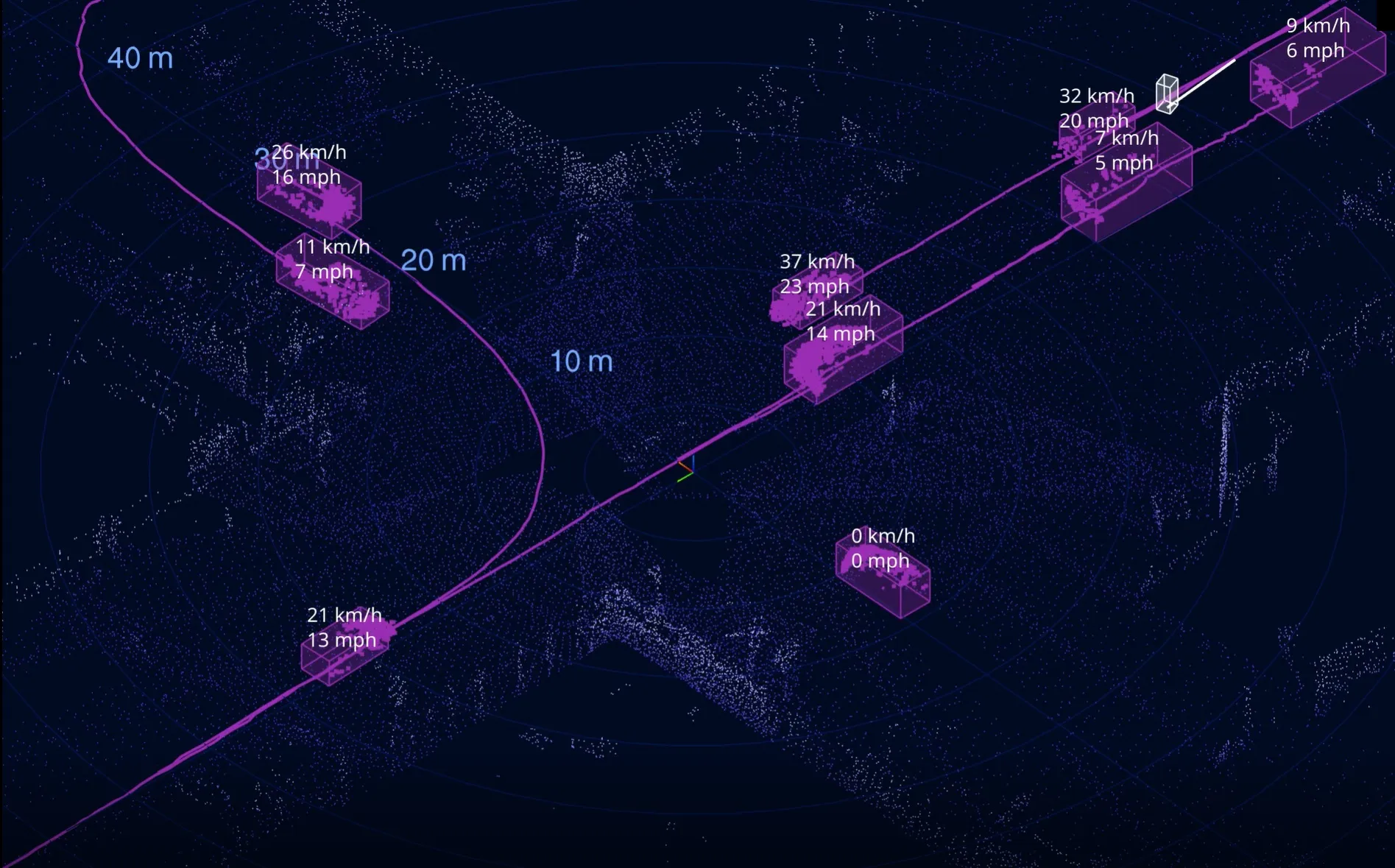
Lidar is better-suited at present as a key element in advanced driver-assistance systems (ADAS) rather than as a game-changer for the development of autonomous vehicles (AVs).
That is the view of Dr Jun Pei, boss of Silicon Valley start-up Cepton Technologies, in an interview with ITS International.
Pei, an engineer by training who used to work at Lidar inventor Velodyne, insists it makes sense to be focused more on ADAS than AVs at present.
“Do I see AVs at Level 4 out there next year?" he asks. "No, I don't. The next two years? No I don’t. Five years? No I don’t. I don't have a lot of ‘five years’ in my career or in my life - I'm very impatient person. I'm here to make a profitable business for everybody around me.”
So ADAS will be the focus for Cepton’s Lidar business – for reasons of scale as much as anything else.
“I am a true believer in the future: radar, camera and Lidar - these three devices - will coexist on all cars,” Pei says.
Cepton says it is already deploying Lidar with automotive manufacturers but cannot reveal details.
It will be a few years yet but “this is not some AV demonstration from a start-up company: this is something you can actually use your money to buy, from a dealership, that has Cepton Lidar in it”.
“As it becomes mature and the cost becomes reasonably low, Lidar will actually become a critical safety sensor that can cover many, many things that the radar and the camera cannot cover," he goes on.
Cepton is partnering with Koito, the biggest headlamp provider in the world, making 60-70% of all the headlamps for Japanese cars. “We have the technology developed, based on ADAS, for which we own the patent,” Pei explains.
Concentrating on ADAS rather than AVs was an unfashionable position in 2016, he recalls: “We were, literally, the laughing stock of the industry because we were not on the bandwagon of AVs; everybody was saying Level 4 would be there by 2018.” He pauses. “And now it’s 2020.”
Read the full interview in the September/October edition of ITS International










